
Anode Bags: Cathodic Protection under ground
Cathodic protection is an essential corrosion prevention technique used in many industries, including oil and gas, marine, and construction. Anode bags are a critical component of cathodic protection systems, providing a reliable and cost-effective method for protecting metal structures from corrosion. In this blog post, we will discuss anode bags, their role in cathodic protection, and how they can help prevent corrosion.
Section 1: What is an Anode Bag?
An anode bag is a collection of sacrificial anodes buried in the ground, typically made of materials such as magnesium or zinc. An anode bag is an essential component of a galvanic cathodic protection system, which is used to protect underground pipelines, storage tanks, and other metal structures from corrosion.
The anode bag provides a source of electrons, which are then drawn to the cathode (the metal structure being protected) via an electric current. The anodes in the anode bag will gradually corrode over time, providing cathodic protection to the metal structure.
Types of Anode Bags
There are two main types of anode bags: deep anode bags and shallow anode bags. Deep anode bags are typically used in larger cathodic protection systems, such as those used to protect pipelines. Shallow anode bags are used for smaller structures, such as storage tanks.
The depth of an anode bag is important because it affects the resistance of the soil. The deeper the anode bag, the greater the resistance of the soil, which can affect the effectiveness of the cathodic protection system.
Installation and Maintenance of Anode Bags
Proper installation and maintenance of anode bags are crucial for effective cathodic protection. Anode bags should be installed by qualified professionals who understand the specific requirements of the system being protected. Anode bags should also be in an area where the soil resistivity is low and where they will not be disturbed by construction or other activities.
Regular inspection and maintenance of anode bags are also important to ensure that they are functioning properly. Anode bags should be inspected at least once a year, and any damaged or corroded anodes should be replaced.
Benefits of Anode Bags for Cathodic Protection
Anode bags provide several benefits for cathodic protection, including:
- Cost-effective corrosion prevention: Anode bags provide a reliable and cost-effective method for preventing corrosion on metal structures.
- Long-term protection: Anode bags can provide long-term protection, as the anodes will gradually corrode over time, providing a continuous source of electrons to the cathode.
- Customization: Anode bags can be designed and customized to meet the specific requirements of different cathodic protection systems.
- Low maintenance: Anode bags require minimal maintenance, making them an attractive option for many industries.
Conclusion
Anode bags are a critical component of cathodic protection systems, providing a reliable and cost-effective method for protecting metal structures from corrosion. Proper installation and maintenance of anode bags are crucial for effective cathodic protection. At Korrosionsgruppen we offer a range of anode bag solutions to meet the needs of different cathodic protection systems. Contact us today to learn more about our anode bag products and services and to get started on protecting your metal structures from corrosion.

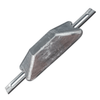
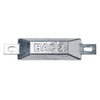
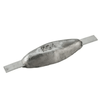


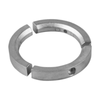
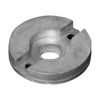

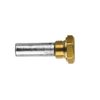
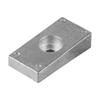
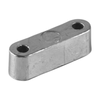
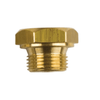
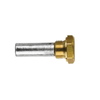
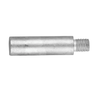
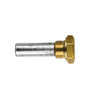




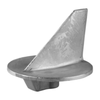
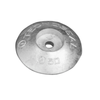
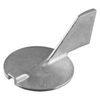
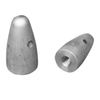
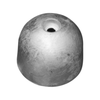
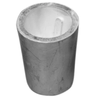
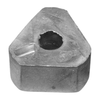
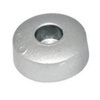


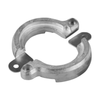
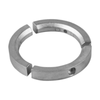
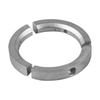
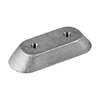
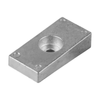
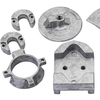
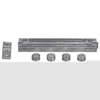
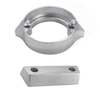
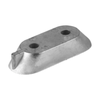
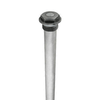
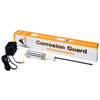

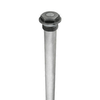
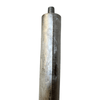
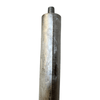
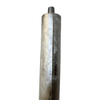
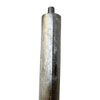
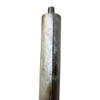
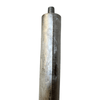
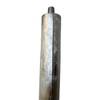
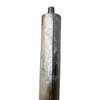
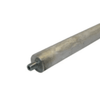
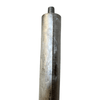
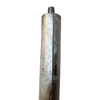
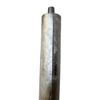
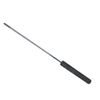
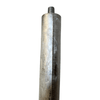
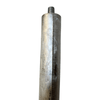
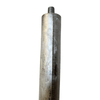
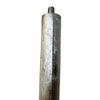
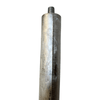
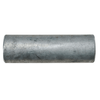
Leave a comment